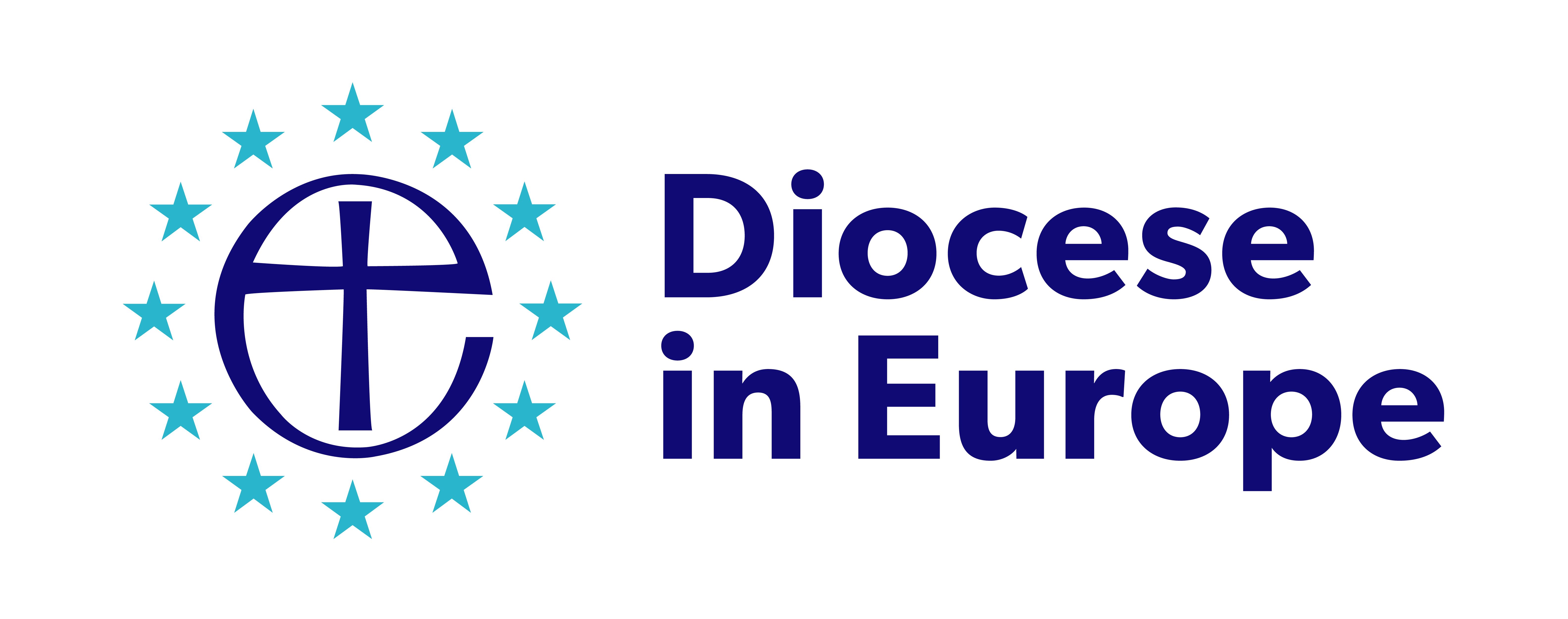Key Responsibilities
Reporting to the Diocesan Secretary and Chief Operating officer this role is a key enabler of delivery of business as usual and planned improvements in Finance, Property, Data Governance, Investments and Synodical Administration. Based in our offices in London you will support our work across Europe.
- Lead the finance function working with an operating expenditure of c.£2m, a range of time bound project funds coming on board, chaplaincy revenue of c.£12m and a portfolio of investments.
- Review and maintain investment fund registers and manage relationships with investment managers and financial institutions.
- Ensure effective communication of financial performance to Trustees, Synod, and other governance bodies.
- IT systems oversight, including leading change and system migration as required, enabling the Diocese to move to routine whole of organisation reporting.
- Data governance (including acting as Data Protection Officer), including compliance with data regulation across the countries in which the Diocese operates.
- Review and maintain the property register which includes a complex portfolio of historical properties across Europe where each country has different models of ownership.
- Administration of Synodical Governance (including election registers and elections), including preparation of papers, timetabling, decision records.
- Ensure the Diocese meets all legal, synodical, and regulatory responsibilities, including risk management and internal controls.
- Supporting the Company Secretary in compliance with statutory, charity, and company regulations, including liaison with Companies House and the Charity Commission.
- Provide solid project management for both business as usual processes and planned improvements including resource allocation, stakeholder management, risk management, benefits realisation, procurement and record keeping.
- Ensure key organisation policies are up to date, relevant, appropriately shared, communicated and followed.
- Encourage strategic thinking and adaptive planning across the organisation.
- Support staff development, organisational learning, and a culture of excellence.
- Member of the SLT working with the Head of Safeguarding, Head of Communications, and Head of Strategy.
- Deputise as needed for the COO/Diocesan Secretary.


